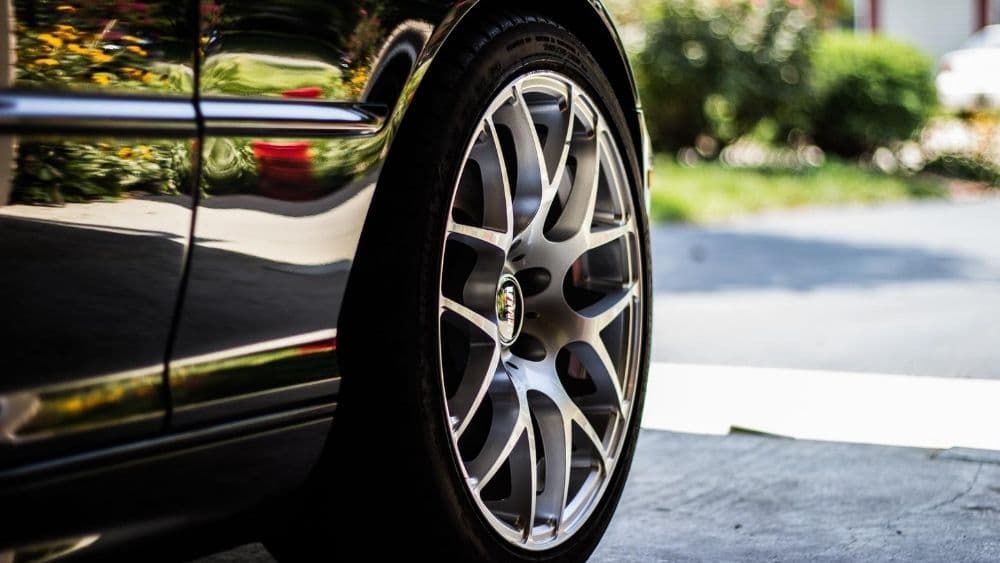
Insurance Prices for Vehicle Type All Depend On Risk
The greater the risk on a vehicle, the higher the insurance. Insurance companies are smart in terms of statistical analysis. They understand, for example, that female drivers tend to be less of a risk than male drivers; especially when they are younger. Though men tend to have a different opinion on this, the numbers are what the insurance companies go by.
Insurance companies don't care if over-zealous caution causes situations where brakes are smashed and vehicles behind end up rear-ending those in front. In a legal sense, the one who rear-ends is at fault. Accordingly, though a lady may have hit the brakes, since she didn't hit a car, the statistics are weighted against whatever vehicle initiated a collision. So there's another funny wrinkle when it comes to insuring a vehicle: not all statistics insurance companies use to make a price determination are necessarily accurate.
RVs: Surprisingly Cheap To Insure
A great example of this is RV insurance. Strangely, you're going to get a way better rate on insurance if you're driving an RV around. This is one of the cheapest vehicles to insure, and there are several reasons why. One, people who buy them don't tend to drive them often. Two, when they do, they're generally going slower, and are more visible on the road, meaning there's a reduced likelihood for collision generally. However, there's an irony here. Have you ever been in Los Angeles, or South Dakota?
There are a lot of people who live permanently in their RVs, and they travel a lot. Accordingly, the actual risk for the vehicle must be combined with general insurance risks in homeownership. But because, generally, the vast number of people who own RVs don't live in them full-time, insurance companies will allow a very low rate--we're talking full coverage for about $1,200 a year; provided the vehicle owner doesn't have a bad history.
More Mainstream Vehicles That Are Cheaper To Insure
Of course, most people don't own RVs, and don't intend to; so this bit of information isn't strictly helpful. With that in mind, on NerdWallet, you can find a list of the cheapest insurable cars. For 2020, here are the least expensive vehicles to insure according to that site:
- Toyota RAV4
- Toyota Tacoma
- Subaru Outback
- Jeep Cherokee
- Jeep Wrangler
- Subaru Forester
- Ford F-150
- Ford Escape
- Chevrolet Equinox
- Honda CR-V
You'll notice a few details about the vehicles in this list. For one thing, they tend to be less "flashy" and more "utilitarian" vehicles. For example, the Subaru Outback is definitely a family-oriented vehicle. A Jeep Cherokee is similar, as is a Toyota RAV4. Certainly you can take these vehicles off-road, but they're designed more for traditional use in town.
Specific Factors Influencing The Cost Of Insurance
Contrast that with a Corvette, or a Lamborghini, or a Mustang. Vehicles like these sports cars are going to be more expensive to insure because of the way in which they're driven. Sports cars and exotics tend to be driven fast by their owners, and statistically, an increased likelihood of collision develops. That said, something many don't realize is that vehicle color doesn't have much to do with insurance rates. According to the link, the key things which determine insurance cost will be:
- Year
- Make
- Model
- Body Type
- Engine Size
- Vehicular Age
The older the vehicle--generally--the cheaper it is to insure, because the insurance companies won't be on the hook for as much money should some sort of claim predicate a settlement. Now all that being said, circling back to vehicular color, you are more likely to get a ticket if you've got a red vehicle, and the color of your car will play into how much it ends up costing you in the long-run. Green cars tend to last longer, white cars are some of the worst to buy.
Getting The Best Deal
What you want to do is get a year, make, and model known for safety. The body type will be part of that. You don't want a big, loud, growly engine. Older cars are a liability owing to repairs, but an aftermarket model will save you on insurance. If you really want to save some money, get a Class-B RV; you'll get some of the cheapest insurance out there. Only, such vehicles drink gasoline as fast as they can; so what you save in insurance, you pour down your tank.
The thing is, if you purchase without considering this, you're likely going to end up spending hundreds of dollars on insurance that you just don't have to. However, if you like the vehicle enough, this may not matter to you. So use strategic discretion, but be advised: flashy cars have more expensive insurance.
